The 1CQ of Rajesh Srivastava’s The New Rules of Business
Credited with changing the perception of a whiskey brand – marketing an alcoholic beverage as a solution to people’s problems, and repositioning a deodorant brand as a perfume, Rajesh Srivastava, an old hand in the business of building brands, can attest to the powers of a simple perception change.
Srivastava has built some of India’s finest alcoholic beverage brands like Bagpiper Whiskey, Blue Riband, and Signature, during his stint at United Spirits, followed by an equally fruitful stint as CEO of JK Helene Curtis. He has taught in leading management institutes such as SP School of Global Management and IIM Indore over a period of 7 years.
During his tenure as a professor, Srivastava observed that by following the standard curriculum he wasn’t able to capture the imagination of students at IIM Indore, who wanted to learn about companies likes Tesla, Amazon, Google and Facebook. “To teach, you have to first learn,” says Srivastava and he took to researching some of the most admired brands of the 21st century.
His learnings led him to not just engage his students in a much better way, but also write a column for Founding Fuel, which was also published in Mint. In the course of his writings, Srivastava interviewed the founders of young and nimble start-ups like Paper Boat.
He was then commissioned by Penguin Random House to write his first book – ‘The New Rules of Business’. When asked to describe his book, Srivastava instead quizzed this reporter. “You can choose to ‘agree’, ‘disagree’ or ‘can’t say’,” he suggested.
He posed questions like, “You should protect your business interests?”; “You should beat the competition?”; “You should offer a better product than your competitor?”
Like a novice business thinker, the reporter agreed to all the statements, feeling that the truth was inherent in the statements themselves. But Srivastava pointed out that, “In the 21st century, you don’t protect the interests of your company; you protect the interests of your customer. Earlier, the competition was visible, direct and from the same industry, but now that’s not true. You don’t have to create the best product, but rather one that customers can fall in love with.”
After conversing with Srivastava and reading excerpts from his book, which can be accessed at knowrajesh.com, it was obvious that companies that have achieved excellence in the 21st century have done so by operating in a completely different way from their predecessors.
So, how did the rest of us miss out on the opportunity that these companies created, seemingly from thin air? According to Srivastava’s book, these companies changed the game by following a different set of rules than the competition. He shares the parable of Columbus’ egg to make his point.
“An Uber, Facebook, Amazon and Tesla seem so obvious now, but it is not obvious to the first guy.” He describes this shift in thinking as a pivot. “All businesses have to pivot many times till they get the strategy right. When the final strategy appears, it seems so obvious you wonder why they tried the other ones.”
In the opening chapter of the book, Srivastava observes that the most innovative companies usually ask themselves a 1CQ (1 Central Question) that delineates into their entire business strategy.
In a VUCA (Volatile, Uncertain, Complex, and Ambiguous) world, that means setting the right context for your business. Through his book, Srivastava aims to create a simple perception change in the minds of entrepreneurs and businesses professionals so that they can view their business in the right context.
Check out the book on Amazon.



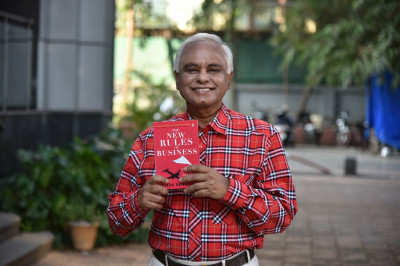


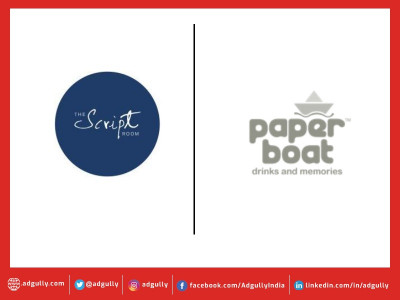
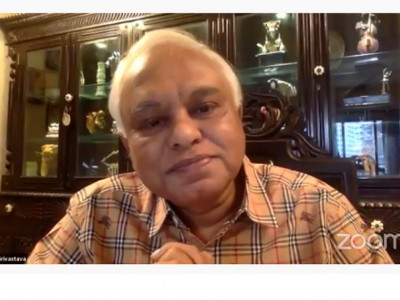


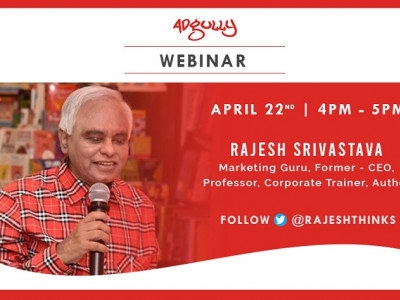



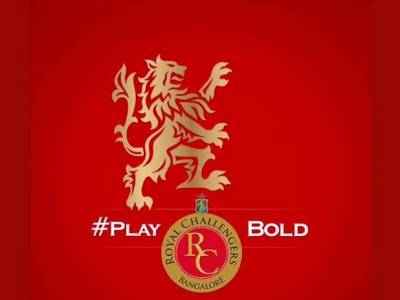


Share
Facebook
YouTube
Tweet
Twitter
LinkedIn